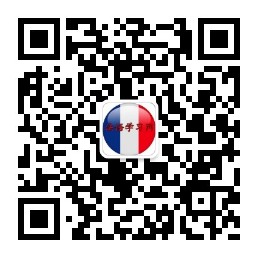The difficulties come from the fact that “de” in French can be many different things, your teacher will certainly use words like “partitif” or “indefinite article’ etc…, well it is easier to say that “de, du, de la and des” are the translation of ‘some’ and ‘any’!
1. WITH UNCOUNTABLE WORDS (WHAT WE CALL PARTITIVE)
Like milk , water, rice, patience, love etc… things you can’t divide, you can’t say ‘one water’, you just say ‘water’ or ‘some water’, these words in French needs “de, du, de la”
masculine: de
masculine + le: du or de l’ if the word starts with a vowel
feminine: de la or de l’ if the word starts with a vowel
I want some rice: je veux du riz (riz is masculine)
I want some love: je veux de l’amour (amour is masculine and starts with a vowel)
I want some mustard: je veux de la moutarde (moutarde is feminine)
I want some water: je veux de l’eau (eau is feminine and starts with a vowel)
I need some money: j’ai besoin d’argent (argent is masculine) (here the verb is “avoir besoin de”, because of the preposition “de” included in the verb we don’t use the definite article, if you say “j’ai besoin de l’argent que tu m’as promis” we are speaking about something specific, the money you promised to me) (pay attention to the prepositional verbs in French)
Negative form: any, the definite article disappears in French:
We use de or d’
I don’t want any rice: je ne veux pas de riz
I don’t want any love: je ne veux pas d’amour
I don’t want any mustard: je ne veux pas de moutarde
I don’t want any water: je ne veux pas d’eau
I don’t need any money: je n’ai pas besoin d’argent
I don’t want anymore apples: je ne veux plus de pommes.
Exception: with the verb ‘to be’
It is gold: c’est de l’or
It is not gold: ce n’est pas de l’or (we keep the definite article)
As you can see with uncountable words there is no plural (des), exception for words we rarely use in the singular:
Je veux des lentilles (lentils, as we never say I want one lentil), the same thing with spinach: je veux des épinards.
 英语
英语 日语
日语 韩语
韩语 德语
德语 西班牙语
西班牙语 意大利语
意大利语 阿拉伯语
阿拉伯语 葡萄牙语
葡萄牙语 越南语
越南语 俄语
俄语 芬兰语
芬兰语 泰语
泰语 丹麦语
丹麦语 对外汉语
对外汉语

